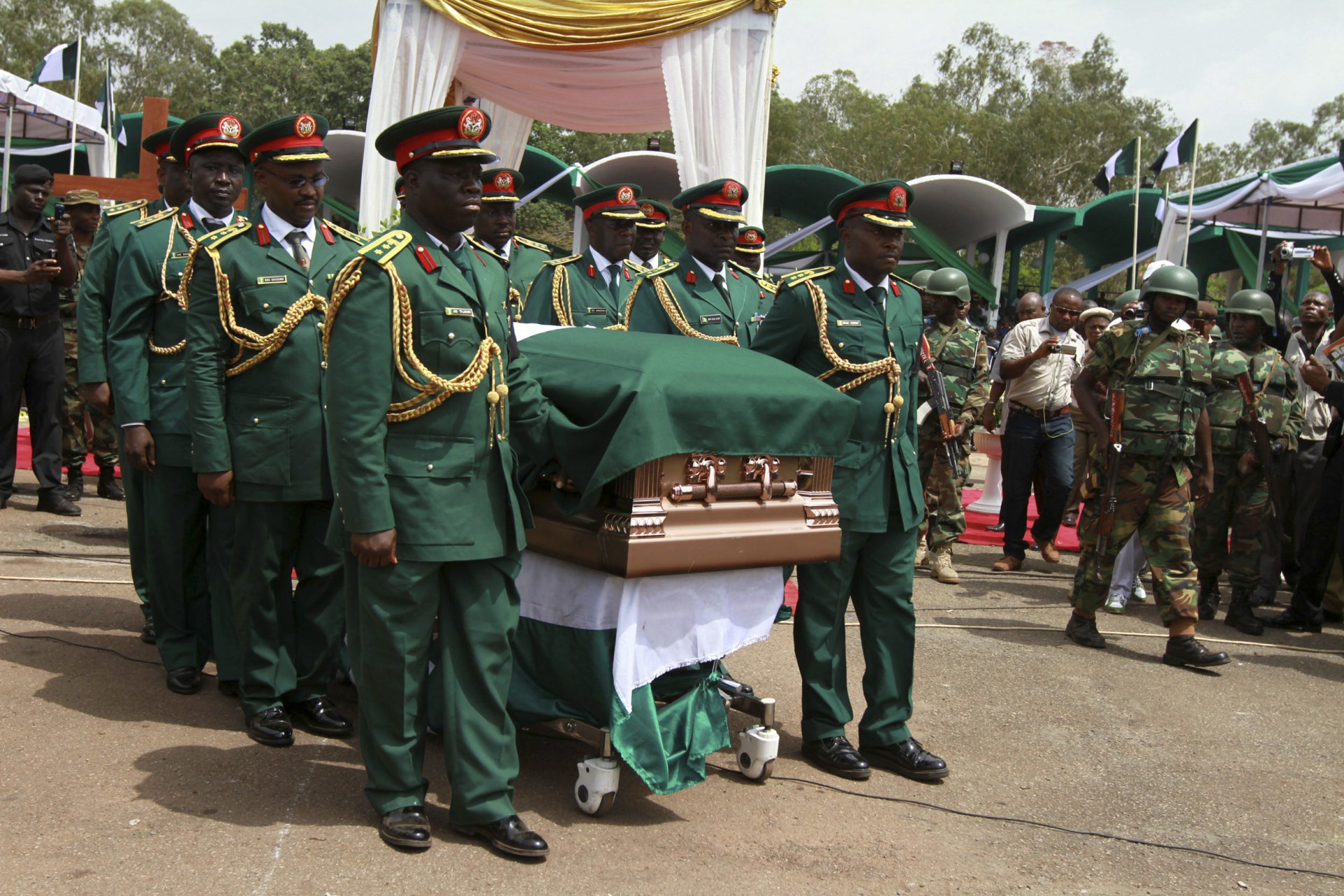What’s in a Name? For the Nigerian Civil War, Everything

By experts and staff
- Published
By
- John CampbellRalph Bunche Senior Fellow for Africa Policy Studies
Wars associated with secessionist movements often have multiple names, some are associated with the secessionists, others with the country from which the secessionists are trying to secede. The particular name used is often an indicator of the sympathies of the one using it.
The war that took place in the Unite States from 1861 to 1865 is now commonly called the ‘Civil War.’ However, the term was rarely used while the fighting was going on. In the north, the war was called ‘The War of the Rebellion.’ That, in fact, is the official title of the compilation of federal records of the war. In the South, the war was often called ‘The War for Southern Independence’ or, after the war was over, among fire-eaters, the ‘War of Northern Aggression.’ The more neutral ‘Civil War’ came into use after the end of Reconstruction and reconciliation between north and south proceeded, a process at the expense of African Americans.
The Nigerian civil war, which was fought from 1967 to 1970, was, like the American Civil War to the United States, the central event of Nigeria’s history. A predominately Igbo territory in southeast Nigeria sought to secede and form its own independent state, Biafra. The federal government, then based in Lagos, fought successfully to preserve the federation. There were anywhere between one and two million casualties, mostly civilian and predominantly from starvation and disease. Reconciliation based on a post-war federal policy of “no victors, no vanquished” proceeded more quickly than in the post-Civil War United States. A difference, however, is that after reconciliation occurred and by the 1898 Spanish-American War, secessionist sentiment in the American south was well and truly dead. In Nigeria, sentiment for “Biafra” has revived, though it remains very much that of a minority among the Igbo.
Common usage in Nigeria has been to call the 1967-70 conflict the ‘Civil War.’ The neutrality of the term fits the policy of “no victors, no vanquished.” Among present-day supports of Biafra, however, the struggle is now referred to as the “Biafra War.” That term, much like “The War for Southern Independence” in the American south, appears to confer a legitimacy on the 1967-70 secessionist movement and its revival today.